This book examines Indian architecture in the context of the fight for and attainment of Independence. It traces the patterns of architecture since the founding of the Indian National Congress in the 1880s, exploring the impact of political ideology on the built environment. The authors provide the antecedents as well an idea of the impact of architectural work in newly independent India on subsequent work. Deliberate attempts to exert an Indian identity through the built environment began primarily with the growth of Indian nationalism under British rule, attempts which had to combat imperialistic ideas both political and architectural, as well as international movements in architecture. With the attainment of Independence certain questions clamoured for solution. How could a new world be invented and how could architecture strive to reflect it? Should it reject or embrace the past? Two basic trends have been discernible throughout–one of looking forward to the creation of a new future largely rejecting the past, and the other of looking to the past for inspiration. The primary concern in this volume is with the iconography of the signs and symbols of a culture. In a study of the role of architecture as a cultural phenomenon, various aspects become important. The book thus examines ordinary buildings (which generally would not qualify as ‘architecture’) rather than simply the architectural monuments. Several issues are explored: universalism and regionalism, modernism and revivalism, the impact of master architects from the West, the complexity of Indian culture as well as the colonial will for imposition, the rise of the architectural profession, the transformation of aesthetic styles and the overall impact of buildings on the urban landscape. This profusely illustrated book depicts the extraordinarily rich architectural antecedents in India as well as the independence of spirit that is beginning to show in recent architectural work. The authors address the recent dominance of commercial imperatives and the inconsistency of architectural styles as well as the emerging identity and collective confidence of architects in India as the century draws to a close.

Architecture and Independence: The Search for Identity – India, 1880 to 1980
In stock
Free & Quick Delivery Worldwide
reviews
Bibliographic information
Title
Architecture and Independence: The Search for Identity – India, 1880 to 1980
Author
Edition
1st ed.
Publisher
ISBN
0195639006
Length
xii+347p., Maps; 29cm.
Subjects

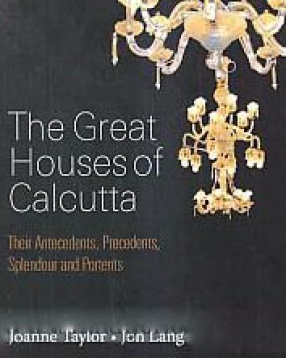
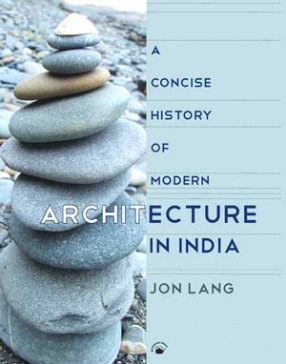
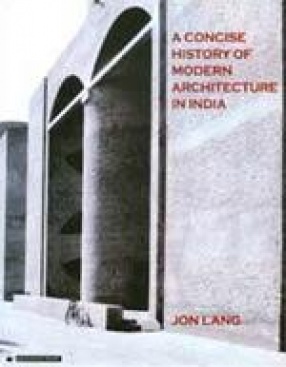
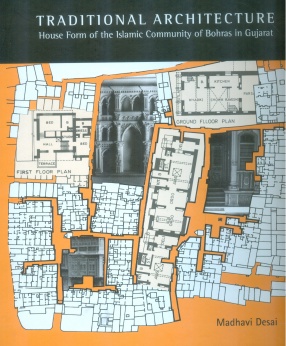

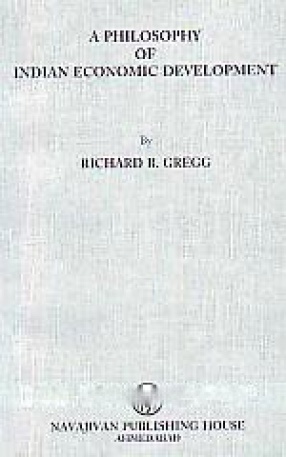
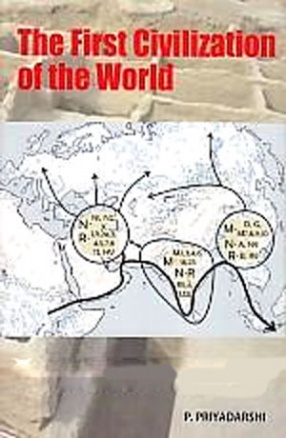
There are no reviews yet.